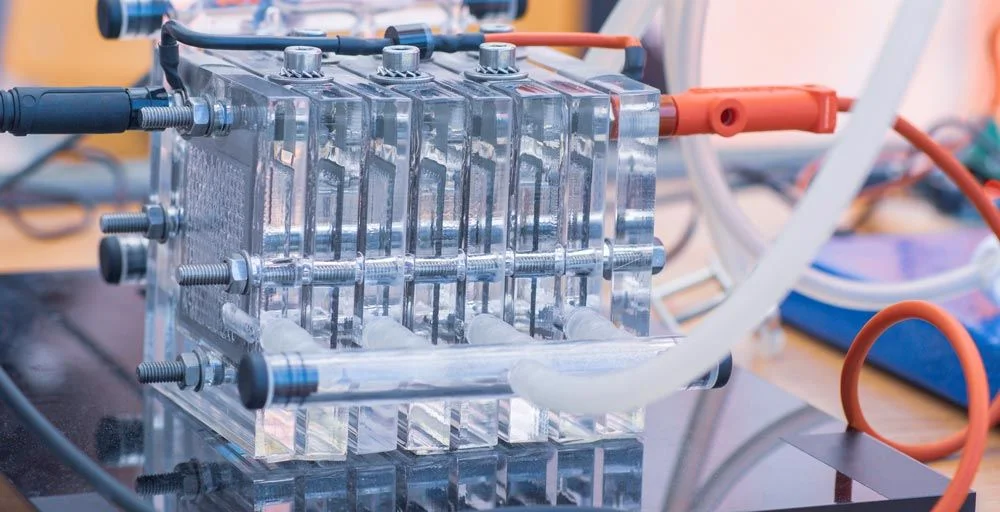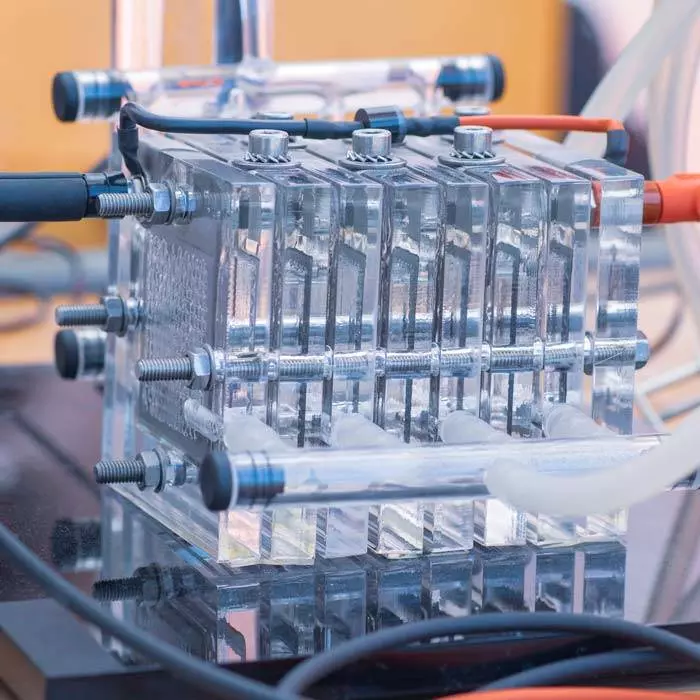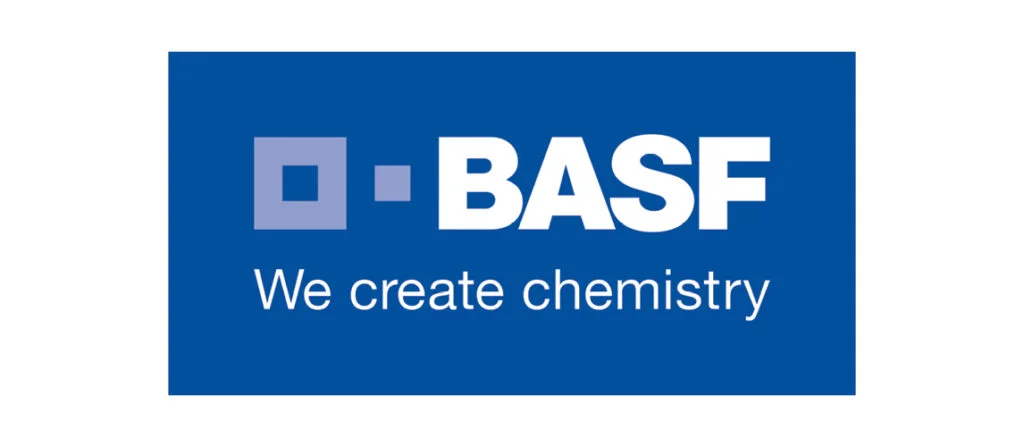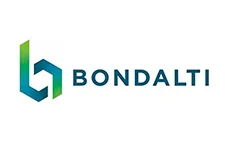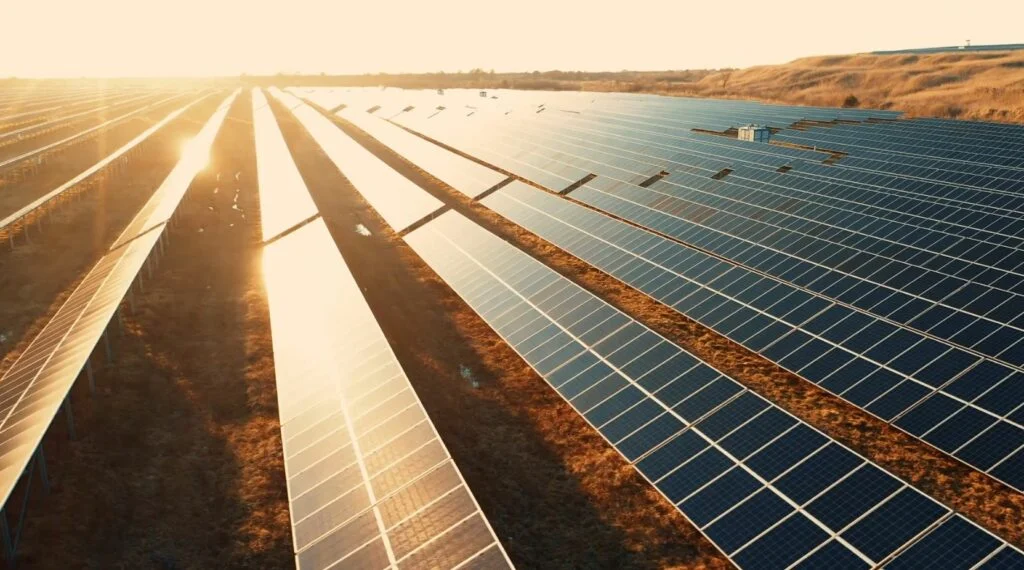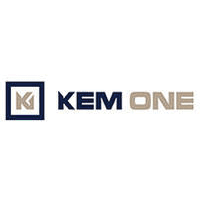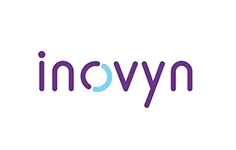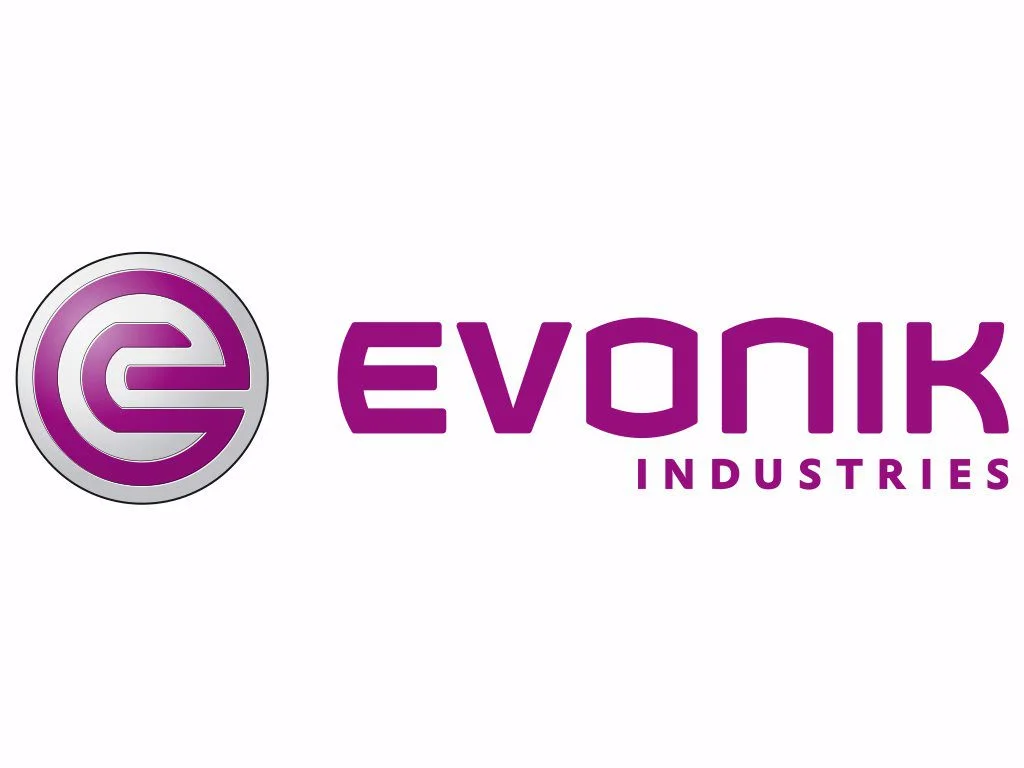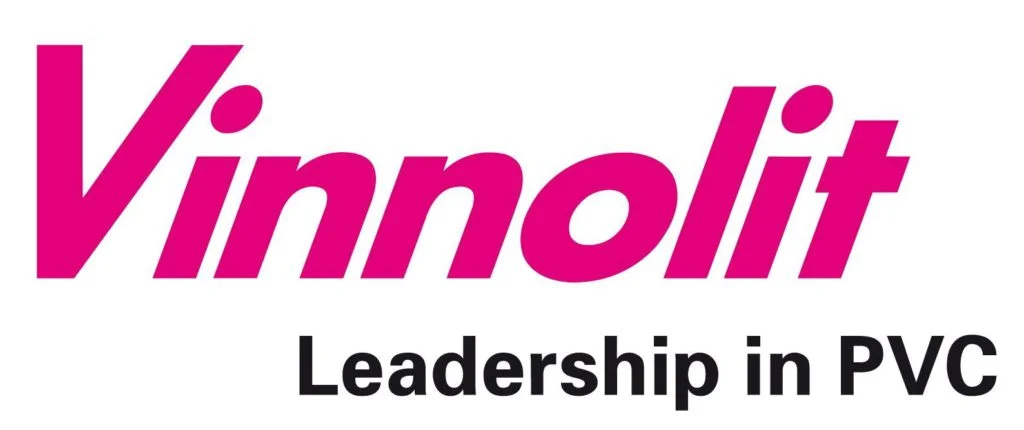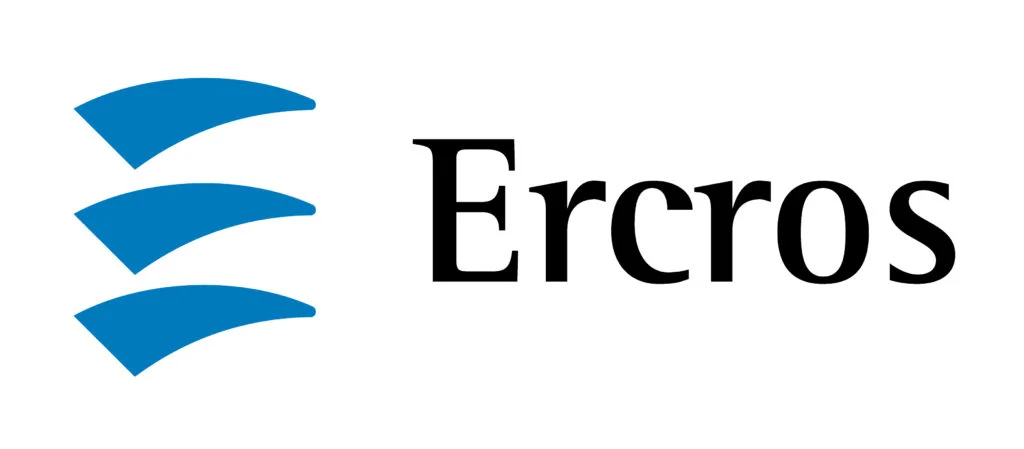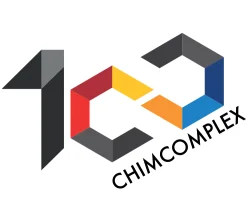A Climate neutral player
Over the past 20 years, Europe’s chlor-alkali industry has improved its energy efficiency. This is reducing the amount of electricity we need, and the amount of emissions made on our behalf. Now though, we are approaching a limit to what more can be done due to the immovable laws of physics.
As such, any further improvements will be made by us supporting Europe’s transition to carbon neutral energy sources. Though this is not something we can do alone, we still aim to become a carbon neutral player by 2050.
Many sectors, not just ours, will electrify their activities. This means that changes to the electrical grid may be needed. In addition, innovative methods to ‘balance’ this network will be needed for when the sun doesn’t shine, or the wind doesn’t blow. Europe’s chlor-alkali industry can play a key role here:
- We will work to boost the use of any hydrogen our industry produces
- We will study options to produce hydrogen by the electrolysis of water as hydrogen is an important part of the energy transition to a climate-neutral Europe
- We will collect data on innovative technologies to make chlor-alkali production even more energy efficient
- We will investigate ways to help balance Europe’s electricity grid, whilst keeping regulators informed on our efforts and the role we can play
Look at Euro Chlor’s energy pages to see the work we have already carried out and updates on the KPIs and priorities within this element will be given here as they are released.

Q. What is a climate neutral player? What does this mean for European chlor-alkali?
Climate neutrality means that all emissions and removals of greenhouse gases are balanced (i.e. net emissions have been reduced to zero). Whilst greenhouse gas (including CO2) emissions can still occur at one place, they need to be removed elsewhere.
The chlor-alkali sector has limited direct greenhouse gas emissions, as shown in our Eco-profile. Our main emissions occur at the level of our electricity producers. This means that, with the aim of becoming climate neutral, the sector will work with electricity and steam providers to source climate neutral energy for chlor-alkali production processes where possible.
Q. Which indicators/ KPIs are being used to measure a company’s level of climate neutrality?
Due to European Competition and Compliance rules, we are not allowed to publish numbers for individual companies. To measure the progress our sector makes, we collect the greenhouse gas emissions related to energy use. These numbers are aggregated and published as a Euro Chlor figure.
Q. Is the chlor-alkali sector capable of reaching climate neutrality by 2050?
That is certainly the aim. The European chlor-alkali sector will contribute to the ‘Green Deal’. Due to the nature of our production, we are dependent on external electricity supplies that are ‘green’ and abundantly available at a competitive price. This means we will actively contribute, but also depend on others to achieve our goal (especially as more and more sectors will electrify).
Q. Is there still room to reduce the energy consumption per ton chlorine produced?
In the past decade there has been a significant drop in the energy consumption per ton of chlorine produced; mostly thanks to the development of new technologies. These technologies are now approaching their thermodynamic limits, meaning that further improvement becomes difficult. Nevertheless, innovation efforts continue, with the aim of reaching the limits. These innovations require investments that are only possible if they take place within a sufficiently economically favourable and sustainable framework.
It should also be noted that chlorine production units often form part of a larger integrated site. Here, industry is also continuously looking for further optimisation and reduction of energy consumption. A typical example is the heat recovery process that occurs in many integrated sites.
Q. Can the sector, as a major electricity consumer, contribute to the balancing of the electricity grid?
Yes, to some extent.
Currently, some of our members provide different balancing services to the Transmission System Operators across Europe.
This can only be done for short periods, as longer periods would lead to large chlorine storage requirements to ensure continuous supply to the downstream value chain. For safety (and local regulatory) reasons, storage of large volumes of chlorine is typically not desired/ allowed. Nevertheless, these short-period balancing efforts are already proving to be highly valuable. Euro Chlor will investigate how to improve this service further.
Q. Why is hydrogen seen as an enabler within the energy transition?
Hydrogen is a versatile energy carrier that can be produced from a wide range of sources. This includes hydrogen generated during chlor-alkali production. This hydrogen can be used in many ways across the entire energy sector.
Hydrogen has long been used by the chemical industry as a feedstock in industrial processes and is seen today as a major contributor to a fully decarbonised energy system. Hydrogen can potentially contribute to the decarbonisation of various sectors. This includes as storage in the power sector, as an energy carrier option for heating, transport and industry, and finally as a feedstock for industries such as steel, chemicals and e-fuels.
Hydrogen is seen as a potential ‘game-changer’ when produced from renewable energy sources, but its widespread adoption faces technical, economic and regulatory challenges.
Q. Why is the chlor-alkali sector an important hydrogen player?
Hydrogen is a co-product of many chlor-alkali production units across Europe and therefore our industry can play a role. We are exploring opportunities to use any hydrogen produced by us in our communities, in transportation and in the generation of energy.
In addition, the chlor-alkali industry has many years of experience with electrolysis processes. As such, we may be of assistance in solving technical and safety issues experienced by the water electrolysis process.
Find out more on our annual progress in becoming a Climate Neutral Player in our Industry Review…

